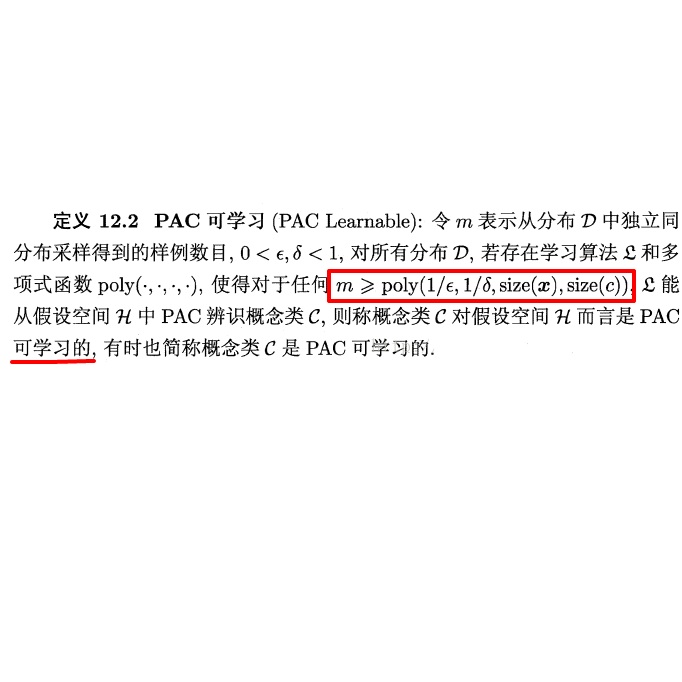Reward-free reinforcement learning (RL) considers the setting where the agent does not have access to a reward function during exploration, but must propose a near-optimal policy for an arbitrary reward function revealed only after exploring. In the the tabular setting, it is well known that this is a more difficult problem than PAC RL -- where the agent has access to the reward function during exploration -- with optimal sample complexities in the two settings differing by a factor of $|\mathcal{S}|$, the size of the state space. We show that this separation does not exist in the setting of linear MDPs. We first develop a computationally efficient algorithm for reward-free RL in a $d$-dimensional linear MDP with sample complexity scaling as $\mathcal{O}(d^2/\epsilon^2)$. We then show a matching lower bound of $\Omega(d^2/\epsilon^2)$ on PAC RL. To our knowledge, our approach is the first computationally efficient algorithm to achieve optimal $d$ dependence in linear MDPs, even in the single-reward PAC setting. Our algorithm relies on a novel procedure which efficiently traverses a linear MDP, collecting samples in any given "feature direction", and enjoys a sample complexity scaling optimally in the (linear MDP equivalent of the) maximal state visitation probability. We show that this exploration procedure can also be applied to solve the problem of obtaining "well-conditioned" covariates in linear MDPs.
翻译:免费加薪学习( RL) 考虑该代理商在勘探期间无法获得奖励功能的设置,但必须提出一种接近最佳的任意奖赏功能政策。在表格设置中,众所周知,这是一个比PAC RL -- -- 该代理商在勘探期间有机会获得奖励功能 -- -- 在两种环境中最优的样本复杂性不同于国家空间面积的因子$mathcal{S ⁇ }S ⁇ = = = = = = = = = = = = = = = = = = = = = = = = = = = = = = = = = = = = = = = = = = = = = = = = = = = = = = = = = = = = = = = = = = = = = = = = = = = = = = = = = = = = = = = = = = = = = = = = = = = = = = = = = = = = = = = = = = = = = = = = = = = = = = = = = = = = = = = = = = = = = = = = = = = = = = = = = = = = = = = = = = = = = = = = = = = = = = = = = = = = = = = = = = = = = = = = = = = = = = = = = = = = = = = = = =


